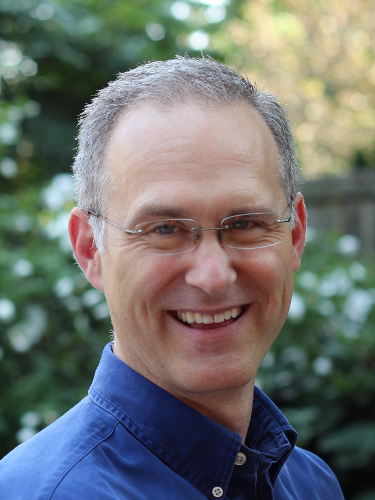These are my own thoughts and reflections on my own subjective experiences of this event. What I have to say here should in no way be construed as criticizing the event planners or execution of FUDCon Boston 2008. I know they went all out to make it a great event and I think most people experienced it that way.
Several people have already posted their thoughts on the FUDCon which just concluded. Naturally each person had their own unique impressions and experience of the event. It seems pretty unanimous that most people thought it was a great event with some concluding that it was the best FUDCon ever. I only have this event to compare to the last one and for me while I am really glad I could be there I enjoyed FUDCon RDU in January better.
I think enjoyed FUDCon RDU because I was able to completely focus on the event and be mentally 100% there. In Boston I was juggling a few other Red Hat responsibilities, being at the local Red Hat office for the first time in a long while, and a few other things. I felt distracted by the Red Hat Summit and torn by where to spend my time–sometimes I did Summit events and sometimes I did FUDCon events, but I was always excluding one group of people. Where there was overlap it was nice. 🙂
I sensed that a few other people (even non-Red Hat folks) had the same experience of conflicting sessions with the Summit and FUDCon so they their availability was constricted. This was a surprise to me as I thought the idea of holding the Summit with FUDCon was going to be a great thing where there would be common synergy between the events and an increased number of attendees. I haven’t heard any hard numbers, but it seemed like there were a lot less people at FUDCon Boston compared to RDU in January. This was doubly surprising to me considering the consistent, well done marketing campaign in anticipation of FUDCon Boston compared to FUDCon RDU. It seemed to me that the high energy and buzz I experienced in RDU was missing
This is all somewhat subjective and I know for myself (as mentioned above) I was somewhat distracted and run down coming into the event. It could also be that I had higher (or unrealistic) expectations for FUDCon Boston based on how good FUDCon RDU had been. I was also disappointed to have to hit-and-run FUD Pub after sitting down and meeting some great people for the first time.
This isn’t too say to good things did not happen at FUDCon. Some of the standouts to me were:
- Rawhide discussion
- Roll out and tuning of Testopia for QA test plans, test cases, and results tracking
- Q & A with Jim Whitehurst, Red Hat CEO
- The large number of people doing pitches at Saturday’s barcamp
- The barcamp sessions themselves
- Talking to kanarip about his ideas on ways to automate nagging feature owners
- Paul’s keynote and hearing that the feature process was a key part of driving approximately $2.4 million of free advertising for Fedora
I wonder if we could do more for newbies at future hackfests?
I noticed a handful of people that showed up to the hackfest days with no computer. Some sat tables by themselves and passed the time enjoying the free snacks. I felt sorry for them and wondered if they were glad they came. I also saw several Red Hat folks who were interested in seeing what was going on, but were unfamiliar with the current Fedora happenings and thus didn’t seem to have a clear way to get involved.
I’d love to think there is a better way we could engage and encourage people like this in the future. Some ideas of the top of my head:
- Designated meet and greeters to help people with that I’m lost and have no idea where to go or what I’m supposed to do look on their faces get plugged into one of the groups that is meeting (knowing Paul Frields I bet he did a bunch of this anyway)
- Provide a limited number of computers at the event for people to work on. I had an extra laptop, but I was uncomfortable handing it over to a complete stranger and trying to keep an eye on it while meeting with other folks.
- Think of some specific newbie friendly hackfest activities in advance to direct these people to so that they feel welcome, engaged and valuable to the event.
- Keep a running list of current activities projected on the screen or project the #fudcon IRC channel for running commentary and announcements. Some people did make pitches at the beginning of each day, but for those that came in later they had no way of knowing.
And if the hackfest really isn’t for newbies then I think we should be explicit about that in our marketing and focus on encouraging them to attend the barcamp instead which is a more structured event with clear session tracks.

June 24, 2008 at 8:33 pm
Er second day of FUDcon. See I haven’t even recovered yet!! :-p
June 24, 2008 at 8:33 pm
“This is all somewhat subjective and I know for myself (as mentioned above) I was somewhat distracted and run down coming into the event. ”
I really have to second this. Especially with the Spacewalk announcement at sessions at the Summit, I had a very hard time deciding where I should be at any given time. By the second day of the Summit I was a sleepless nervous wreck and ready to collapse! 🙁